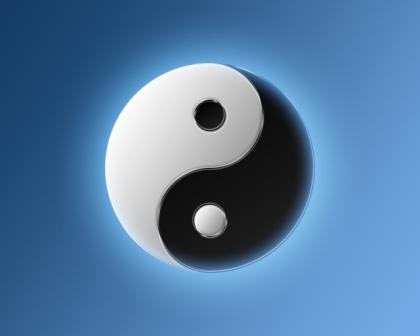|
|
|||||||||||||||||||||||||||||||||||
|
.
|
General
Theory. Key ideas Reality is universal continual transformation or
change. Human beings live a dance between acceptance and
denial of both our mortality and our roles as stewards amidst
transformation. Human consciousness is a trace element of the human
psyche and has both an unimaginable capacity for reflection and an
incredible capacity for self-deceit. Symbols enable living forms to survive and
procreate. Fatally flawed uses of symbols destroy their users. We are Mirror Beings - our brains are laced with
mirror neuron systems exquisitely capable of detecting the relative
degrees of harmony and dissonance in others. We are each our symbol. A symbol is a shared crystallised quantum of
meaning. The information inherent in a symbol is physical –as is all
information. All symbols uses materially alter how the potential of the
universe(s) is manifest. A symbol use reflects the relative harmony and
dissonance experienced by the user and projects it onto the audience. It
simultaneously works to generate that relative harmony and dissonance
within the user. The conscious use of a symbol affects the subconscious Our capacity for self-deceit is incredible because
its ingenuity is beyond the comprehension of thought and our intellect.
We need guides that enable us to transcend the limitations of our ego
and make sustaining uses of symbols. The Conservation Principle of Energy is perhaps the
nearest we have to a universal law – no other principle has been
subject to such intense scrutiny in known history and no person has ever
faulted it in any practical way. Thus it is perhaps the most sustainable
symbol known to humanity. It is possible to draw on the wisdom of the
Conservation Principle of Energy plus that of the Uncertainty Principle
of Energy to generate a general principle guiding our use of symbols: A symbol used in acceptance of change enhances the capacity of the user to mirror reality and enjoy harmony. A symbol used in denial of change destroys the capacity of the user to mirror reality and know harmony. The symbol used in acceptance of change resonates in ways that work to generate sustainable behaviour in both the user and the audience. Thus all are more able to enjoy a sense of harmony with all and embrace their roles as stewards in the universal flux. The converse is true of the symbol used in denial of change. The principle is eminently practical and a child of ten can make wise use of it. Page last updated: July 2010
|
. |
|||||||||||||||||||||||||||||||||
| . | |||||||||||||||||||||||||||||||||||
| . | |||||||||||||||||||||||||||||||||||
